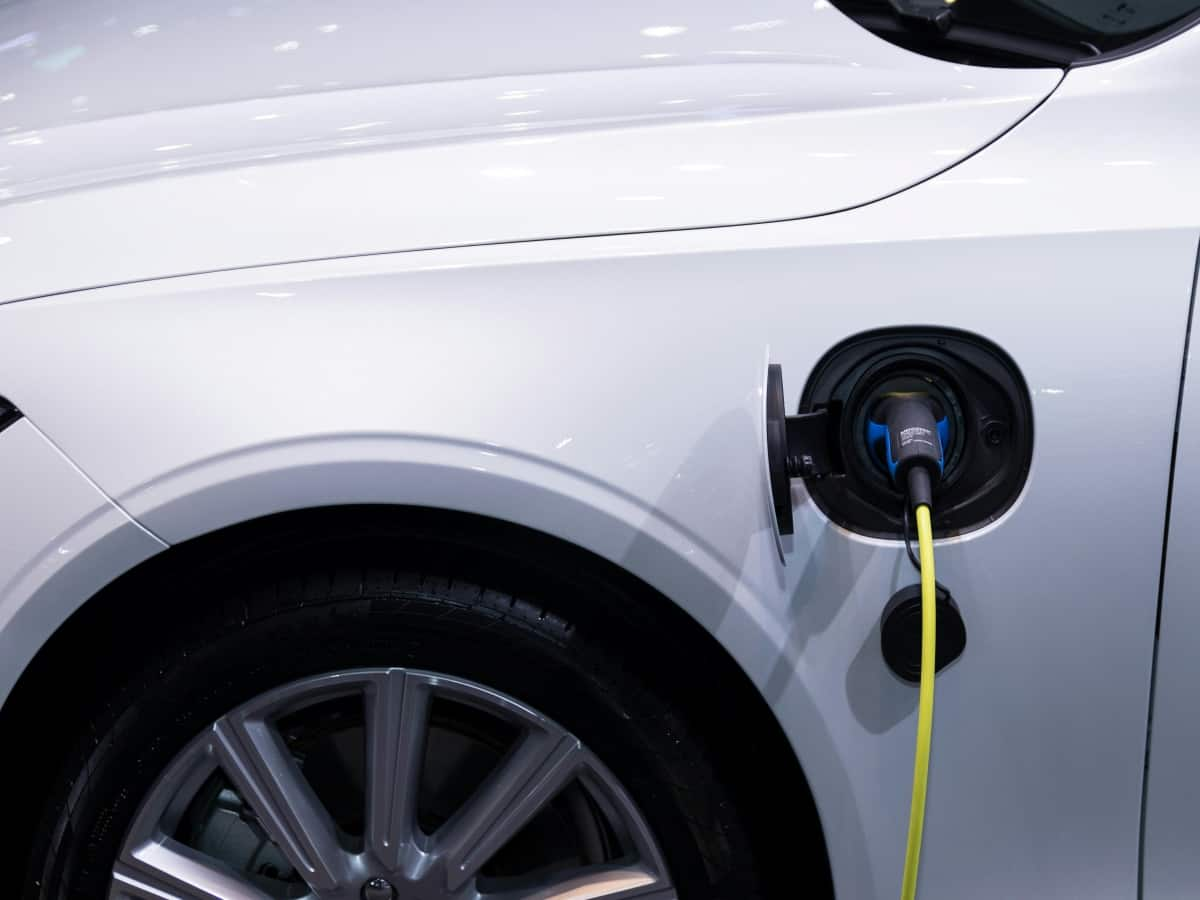Boosting Electric Vehicles in Karnataka: Upcoming EV Policy
In a significant move towards enhancing electric vehicle (EV) adoption, the Karnataka government is set to introduce a comprehensive EV policy aimed at promoting clean mobility within the state. With a focus on reducing road taxes and incentivizing investments, this policy may lead to major changes for both consumers and manufacturers alike.
Key Features of the Upcoming EV Policy
According to reports from CNBC-Awaaz, the proposed policy includes a range of exciting initiatives. Among the most notable potential benefits is a reduction in road tax for EVs and strong hybrid vehicles. The tax exemption could apply to vehicles priced up to Rs 25 lakh, marking a strategic effort to enhance accessibility to eco-friendly transportation options for a broader demographic.
Investment in Clean Mobility
The Karnataka government is planning to allocate a substantial Rs 50,000 crore investment by the year 2029 to bolster initiatives in clean mobility. This investment is anticipated to create significant employment opportunities and stimulate economic growth within the green technology sector. Additionally, a Production Linked Incentive (PLI) scheme may be introduced with incentives pegged at 1% of turnover for new projects and expansions for a period of five years, encouraging companies to innovate and invest in EV technology.
Tax Reduction Details
One of the standout components of the proposed policy is the planned reduction of road tax on strong hybrid cars priced below Rs 25 lakh. The existing tax rate of 18% may be decreased to 13%, specifically targeting strong hybrid vehicles while excluding mild hybrid models. This initiative mirrors the successful policy implemented in Uttar Pradesh earlier this year, which significantly boosted the adoption of hybrid vehicles through tax exemptions.
Environmental Impact and Future Prospects
This proactive approach by the Karnataka government reflects a commitment to environmental sustainability. The aim is to facilitate a shift toward environmentally friendly vehicles, thereby contributing to a significant reduction in pollution levels. The upcoming policy is not limited merely to electric vehicles, as it also encompasses vehicles operating on alternative clean fuels such as hybrids and hydrogen, expanding the range of environmentally conscious options available to consumers.
Looking at Trends in Other States
The recent extension of discounts on EVs in Uttar Pradesh until 2027 showcases the growing trend among states to support the adoption of electric vehicles. Notably, the sales of strong hybrid vehicles in Uttar Pradesh skyrocketed, showing a 250% increase from June to August 2024 following these announcements. These statistics underscore the effectiveness of incentive-driven policies in catalyzing consumer interest and adoption.
Conclusion
As Karnataka prepares to unveil its new EV policy, the anticipated changes promise to make electric mobility more accessible and appealing to the public. By investing heavily in clean technology and offering substantial tax benefits, the state aims to not only reduce vehicular pollution but also encourage innovation within the automotive industry. While a specific timeline for the policy rollout remains unannounced, stakeholders eagerly await its implementation to witness its impact on the EV landscape in Karnataka.












